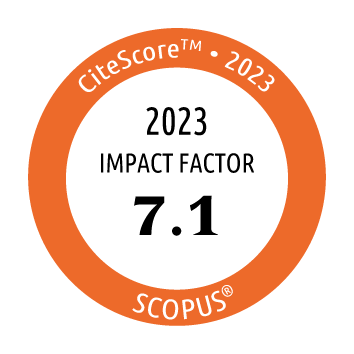Return to content in this issue
Spanish Society of Allergology and Clinical Immunology (SEAIC) Vision of Drug Provocation Tests
Audicana MT1, Ortega N2, Lobera T3, Blanca-López N4, De la Parte B5, García I6, Gelis S7, Martín J8, Barranco R9, Vila C10, Laguna JJ11, on behalf of the Spanish Society of Allergy and Clinical Immunology (Drug Allergy Committee)
1Servicio de Alergología e Inmunología Clínica, Hospital Universitario Araba, OSI Araba, Vitoria, Spain
2Servicio de Alergología, Hospital Doctor Negrín, Las Palmas de Gran Canaria, Spain
3Sección de Alergología, Hospital Universitario de San Pedro, Logroño, La Rioja, Spain
4Servicio de Alergología, Hospital Universitario Infanta Leonor, Madrid, Spain
5Servicio de Alergología, Hospital del Tajo, Aranjuez, Spain
6Servicio de Alergología, Hospital Quirón Salud Campo de Gibraltar y Hospital Quiron Salud Córdoba, Córdoba, Spain
7Unidad de Alergia, Servicio de Neumología, Hospital Clinic, Institut d’investigacions Biomediques August Pi i Sunyer (IDIPAPS), Barcelona, Spain
8Servicio de Alergología, Hospital San Rafael, La Coruña, Spain
9Servicio de Alergología Hospital Universitario 12 de Octubre, Madrid, Spain
10Unidad de Alergia, Hospital Universitario Severo Ochoa, Leganés, Madrid, Spain
11Unidad de Alergia, Unidad de Alergoanestesia, Hospital Central de la Cruz Roja, Madrid, Spain
J Investig Allergol Clin Immunol 2021; Vol 31(5)
: 385-403
doi: 10.18176/jiaci.0681
The controlled drug provocation test (DPT) is currently considered the gold standard for the diagnosis of drug allergy. Adverse drug reactions (ADRs) are an increasingly common presenting complaint in both primary and specialized care. In Spain, ADRs are usually assessed via the allergology department, which rules out immunological mechanisms in up to 90% of cases.
An adequate approach to ADRs clearly impacts the costs and efficacy of the treatments prescribed by other specialists. Consequently, if we did not use DPTs, patients would require more expensive, more toxic, and less effective treatments in many cases. In recent years, many new drugs have been developed. This document is intended to be a practical guideline for the management of DPTs according to the vision of the Spanish Allergology Society. The diagnostic work-up begins with a detailed clinical history. Skin tests are only useful for some medications, and in most cases the diagnosis can only be confirmed by DPT. Although cross-reactivity is common, DPTs can confirm the diagnosis and help to find an alternative drug. Programmed individualized patient management based on the type of drug to be studied and the patient's comorbidities usually enables a solution to be found in most cases.
Key words: Drug-controlled exposure tests, Adverse drug reaction, Drug allergy diagnosis




